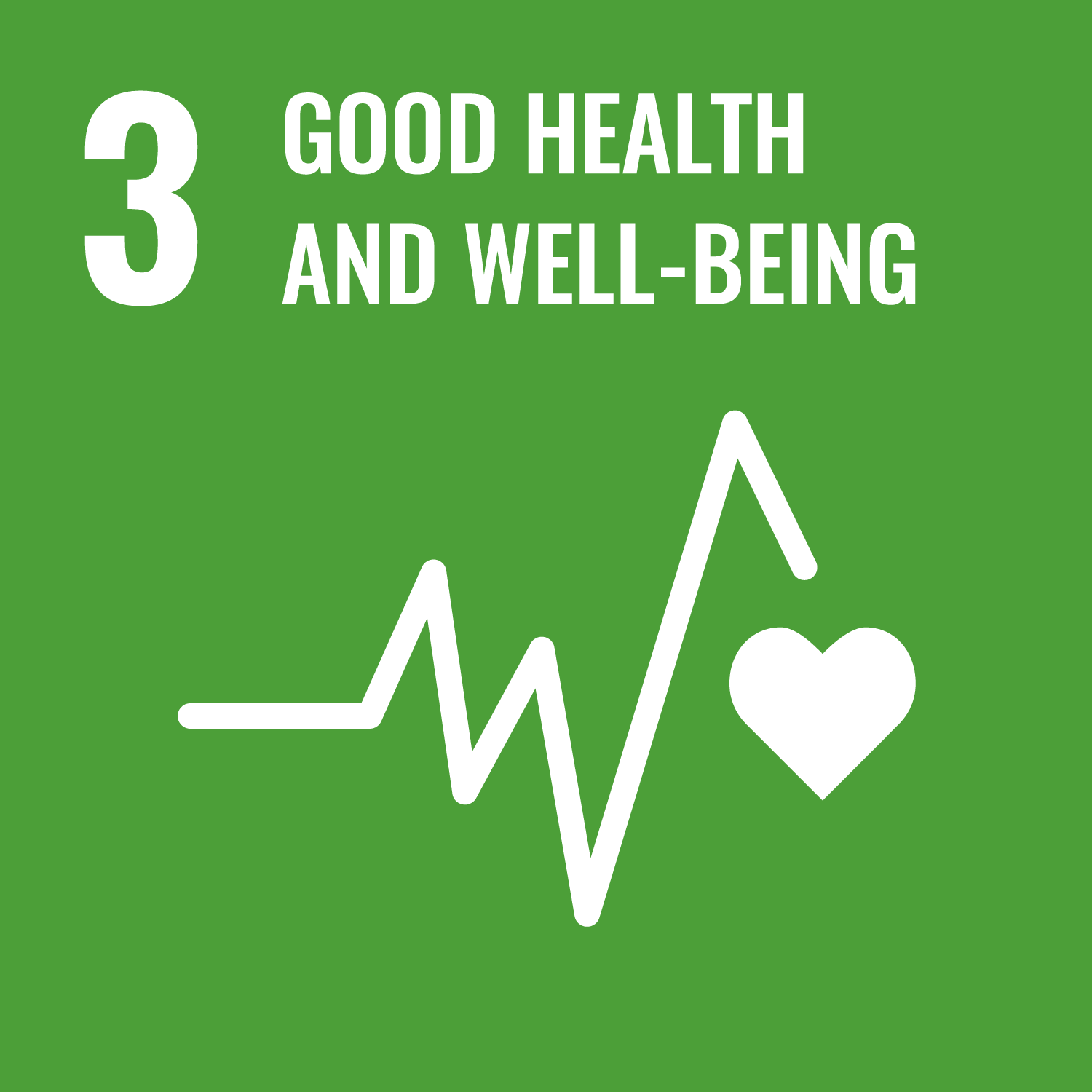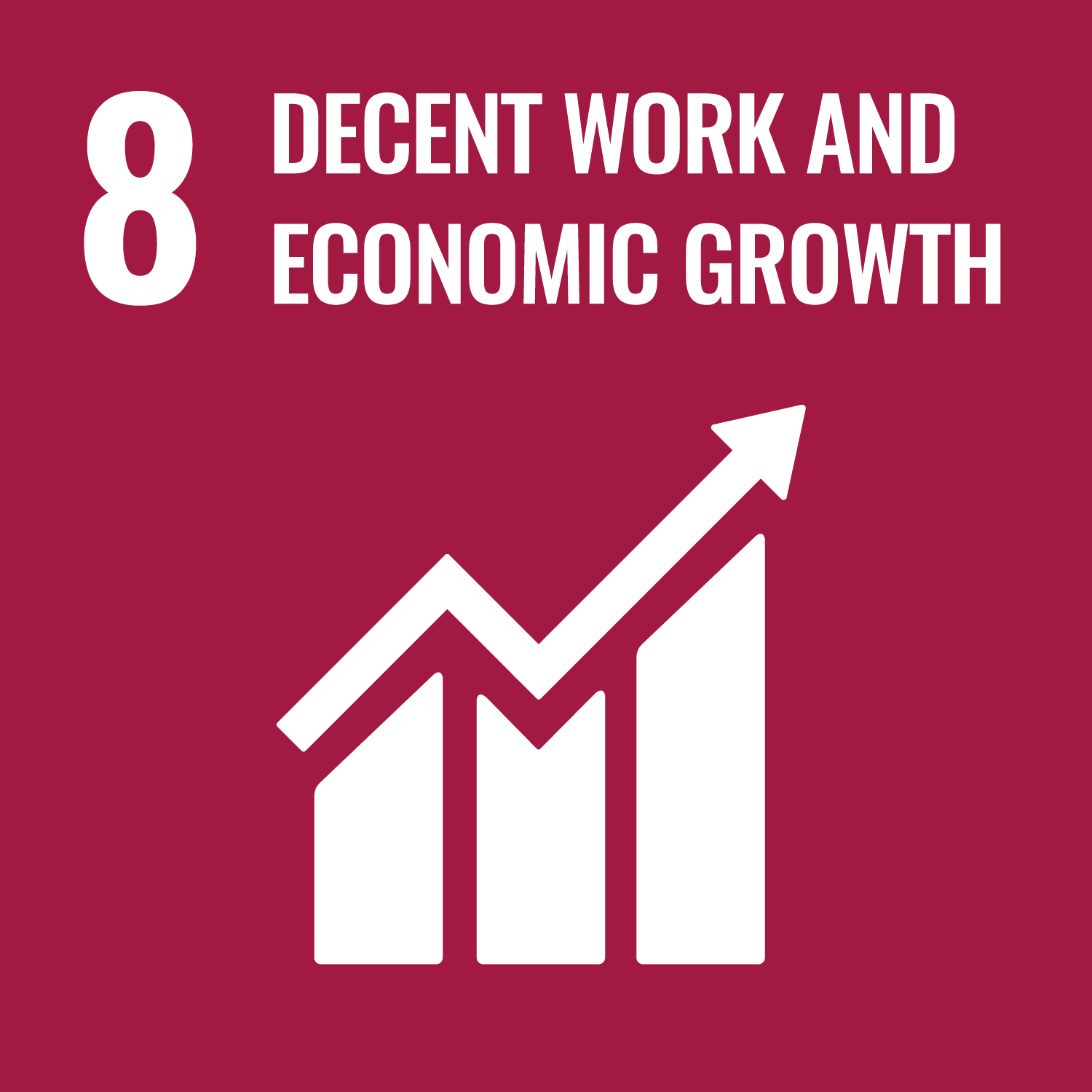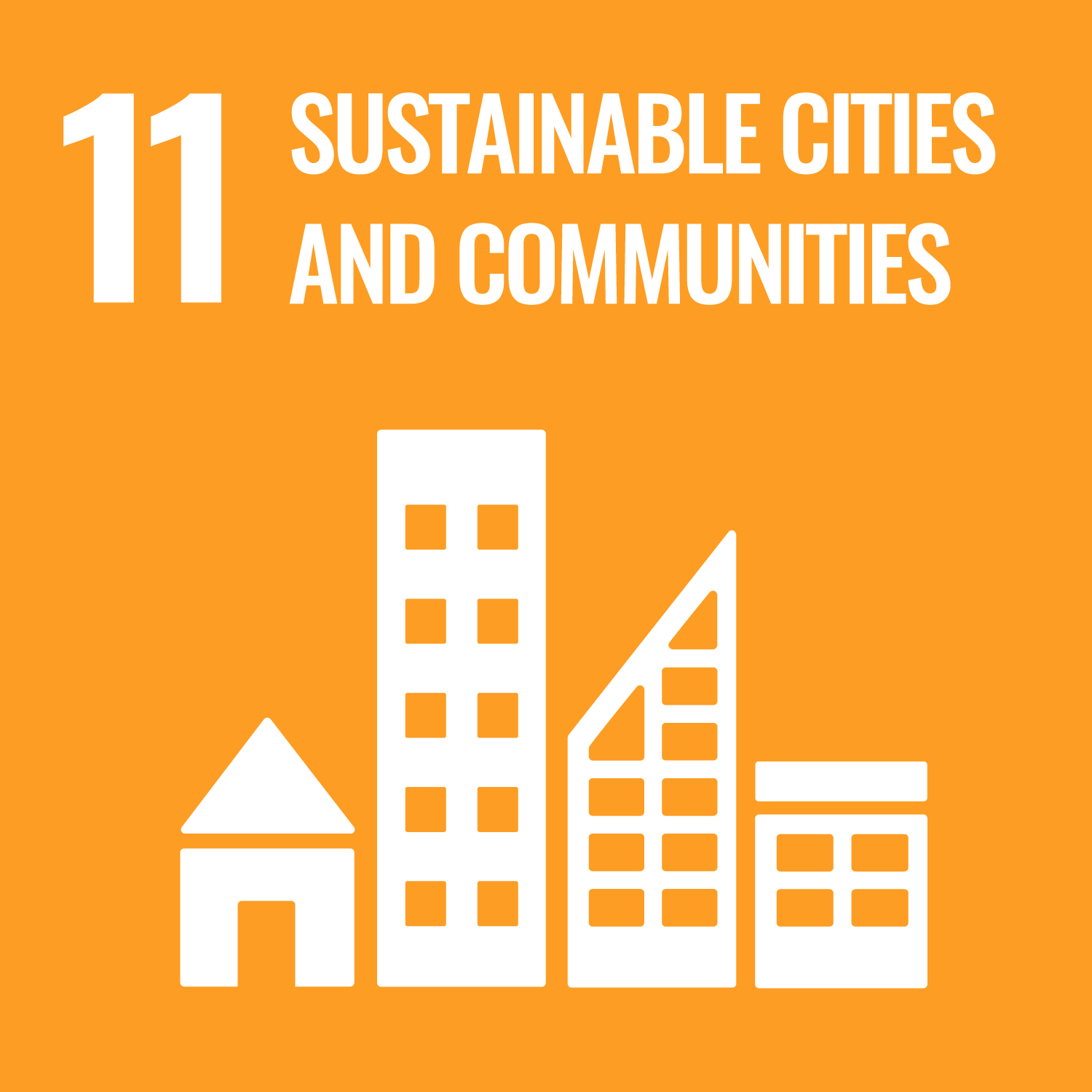This 2019 Human Rights Watch report provides a comprehensive overview of the discrimination against trans women in Lebanon. The report draws upon interviews with trans women as well as existing quantitative data. The report opens with a background on the social, legal and political context of Lebanon and the ways these contexts impact the lives of trans women. Topics such as domestic violence, street harassment and social stigma, and trans women refugees and asylum seekers are considered.
The report then looks at abuse and discrimination in the security sector: this section includes data and interviews with trans women discussing their experiences of violence at the hands of military and security forces in the streets, at check-points, and in detention centres.
The following section considers violence by non-state actors. This brief section focuses on impunity and the double vulnerability of trans women refugees and asylum seekers. The next sections consider domestic, non-conflict contexts: employment discrimination, access to health services, access to name and gender marker change, and Lebanon’s human rights obligations under treaties and international law.
A series of recommendations follows, as well as advocacy letters for various Lebanese government branches.
Overall, the report highlights that discrimination and violence comes from many sources, is widespread and on-going.








